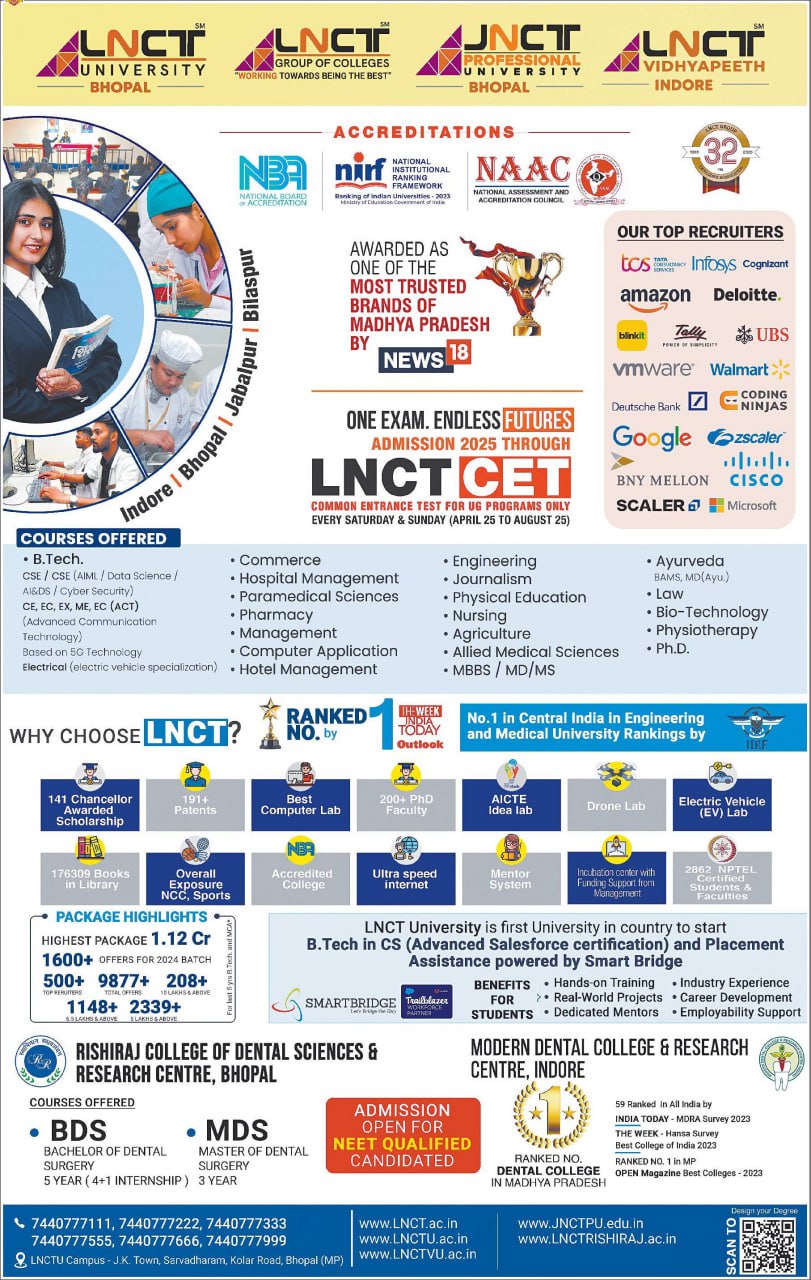CNN Central News & Network–ITDC India Epress/ITDC News Bhopal: In today’s hyper-connected world, young adults are spending more time than ever on smartphones and social media platforms. While these tools promise connection, they often result in a paradoxical sense of isolation. According to psychologists, the curated online personas, constant comparison, and lack of genuine face-to-face interactions are contributing factors to a rising loneliness epidemic among Gen Z and millennials. Young people may have hundreds of online friends or followers, yet many report feeling emotionally disconnected and unsupported.
Smartphones, by design, promote instant gratification and fragmented attention, reducing the quality of human interactions. Notifications, scrolling, and algorithm-driven content create addictive behaviors that replace real-life socializing. Dr. Radhika Sharma, a clinical psychologist, emphasizes that digital dependence can negatively impact mental health, self-worth, and emotional resilience.
Loneliness isn’t just a social issue — it’s also linked to anxiety, depression, and even physical health risks. Experts urge a balanced digital diet, conscious use of technology, and initiatives that promote real-world connections. Understanding the psychology behind this digital loneliness is essential for young adults, parents, and educators to foster meaningful relationships in the tech age.
#smartphones #socialmedia #loneliness #youngadults #mentalhealth #digitaladdiction #GenZ #isolation #depression #technology







